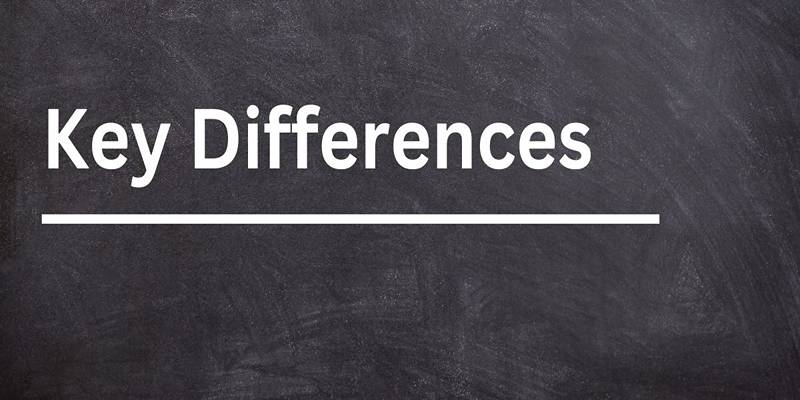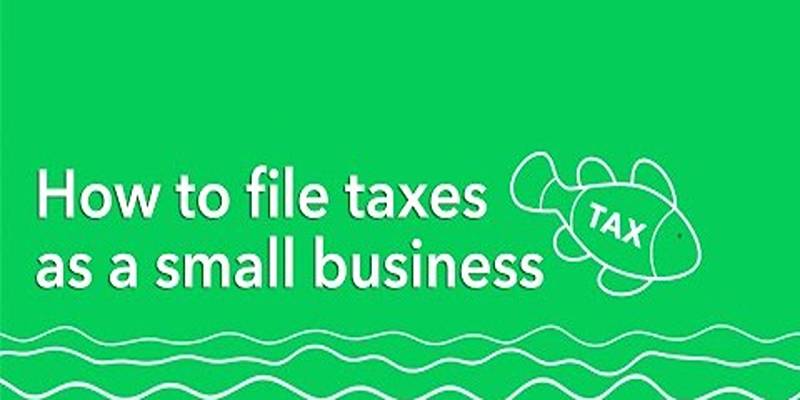Managing finances is essential for both individuals and businesses, but the way each handles bookkeeping differs significantly. Whether you’re managing personal finances or running a business, understanding these distinctions can help you make better decisions, avoid mistakes, and set yourself up for financial success. This post will explore the key differences between business and personal bookkeeping and provide tips for efficiently managing both.
Business Bookkeeping
Keeping accurate records of all of a company's financial transactions is what business bookkeeping is all about. It involves keeping track of things like sales, spending, payroll, taxes, and investments. Accounting is the most important part of running a business, no matter how big or small. A business could lose track of its cash flow, run into problems with the government, or miss out on tax breaks if it doesn't keep good books.
A key element of business bookkeeping is the ability to create comprehensive financial reports, such as profit and loss statements, balance sheets, and cash flow statements. These reports help business owners make informed decisions about the company's future. Additionally, businesses often rely on specialized software like QuickBooks, Xero, or FreshBooks to automate and streamline their bookkeeping processes.
Personal Bookkeeping
Personal bookkeeping, on the other hand, is the process of managing and tracking an individual's finances. While it may seem similar to business bookkeeping, personal bookkeeping generally deals with simpler financial activities. It includes tracking income, expenses, savings, investments, and any outstanding debts or obligations.
The goal of personal bookkeeping is to help individuals stay within their financial means, manage their budget effectively, and set financial goals such as saving for a house or retirement. Personal bookkeeping is generally more straightforward and does not require the level of detailed reporting or legal compliance that business bookkeeping does.
Key Differences Between Business and Personal Bookkeeping

Although both business and personal bookkeeping track financial transactions, the two differ significantly in their scope, complexity, and objectives. Let’s take a closer look at the key differences:
1. Purpose and Scope
- Business Bookkeeping: The primary purpose of business bookkeeping is to track all financial activities of the company. It includes managing cash flow, preparing taxes, and ensuring the business complies with regulatory requirements. Bookkeeping is essential for operational decisions and reporting to stakeholders such as investors, lenders, and government agencies.
- Personal Bookkeeping: In contrast, personal bookkeeping focuses on tracking an individual’s finances, such as income, expenses, savings, and debts. The goal is to help the individual maintain financial stability, create a budget, and plan for personal financial goals, like buying a home or funding a child’s education.
2. Transactions and Categories
- Business Bookkeeping: Business transactions are more complex and varied. They include sales, expenses related to inventory, operating costs, payroll, taxes, loans, and other financial activities. Each of these transactions needs to be categorized carefully to ensure that financial reports are accurate and comply with tax regulations.
- Personal Bookkeeping: Personal bookkeeping deals with simpler financial transactions. These typically include income from employment, monthly expenses like rent or utilities, grocery bills, and personal debts such as credit card balances. The categories for personal bookkeeping are fewer, and the level of detail required is generally lower than for businesses.
3. Financial Reports
- Business Bookkeeping: For businesses, accurate financial reporting is crucial. Financial statements such as the profit and loss statement, balance sheet, and cash flow statement provide vital insights into the financial health of the business. These reports are not only used internally for decision-making but are also required for tax filing, investor relations, and meeting legal compliance.
- Personal Bookkeeping: Personal bookkeeping doesn’t require the same level of detailed reporting. Instead, individuals typically focus on monthly budgets, tracking expenses, and monitoring savings goals. The primary goal is to maintain financial stability rather than generating complex financial reports for external parties.
4. Software Usage
- Business Bookkeeping: Many businesses use advanced accounting software to handle their bookkeeping needs. These tools, such as QuickBooks and Xero, offer features like automated transaction recording, financial reporting, and tax preparation. This software allows businesses to manage complex financial data, saving time and reducing the chance of errors.
- Personal Bookkeeping: While personal bookkeeping can also benefit from software, the tools used tend to be simpler and more budget-friendly. Programs like Mint or YNAB (You Need A Budget) help individuals track their income, expenses, and savings goals. These tools don’t have the complexity required for business-level reporting but are effective for personal finance management.
5. Taxation and Legal Compliance
- Business Bookkeeping: Businesses must adhere to specific tax regulations and legal requirements. Bookkeepers ensure that the company’s financial records are accurate, compliant with local laws, and ready for audits. It includes managing employee taxes, sales tax, and other regulatory reporting.
- Personal Bookkeeping: Personal bookkeeping, while it may involve tracking tax-deductible expenses, is generally less complex. Individuals typically file tax returns based on their income and eligible deductions. Legal compliance is less of a concern for personal finances, though it’s important to keep accurate records in case of an audit.
6. Growth and Scalability

- Business Bookkeeping: As businesses grow, their bookkeeping needs become more complex. With more transactions, employees, and financial activities, businesses may need a dedicated bookkeeper or even an entire accounting department. The financial reporting needs of a business will continue to evolve, especially as the company scales.
- Personal Bookkeeping: Personal bookkeeping needs may grow with significant life changes, such as purchasing a home, starting a family, or managing investments. However, these needs do not typically expand at the same rate or level of complexity as business bookkeeping.
Conclusion
While business and personal bookkeeping serve similar purposes—tracking financial transactions—they differ in complexity, scope, and objectives. Business bookkeeping requires more detailed reports, software, and regulatory compliance, while personal bookkeeping focuses on budgeting and managing personal expenses. Both, however, are crucial for financial success and stability. Whether you’re managing a growing business or just trying to stay on top of your finances, keeping accurate records is key.












